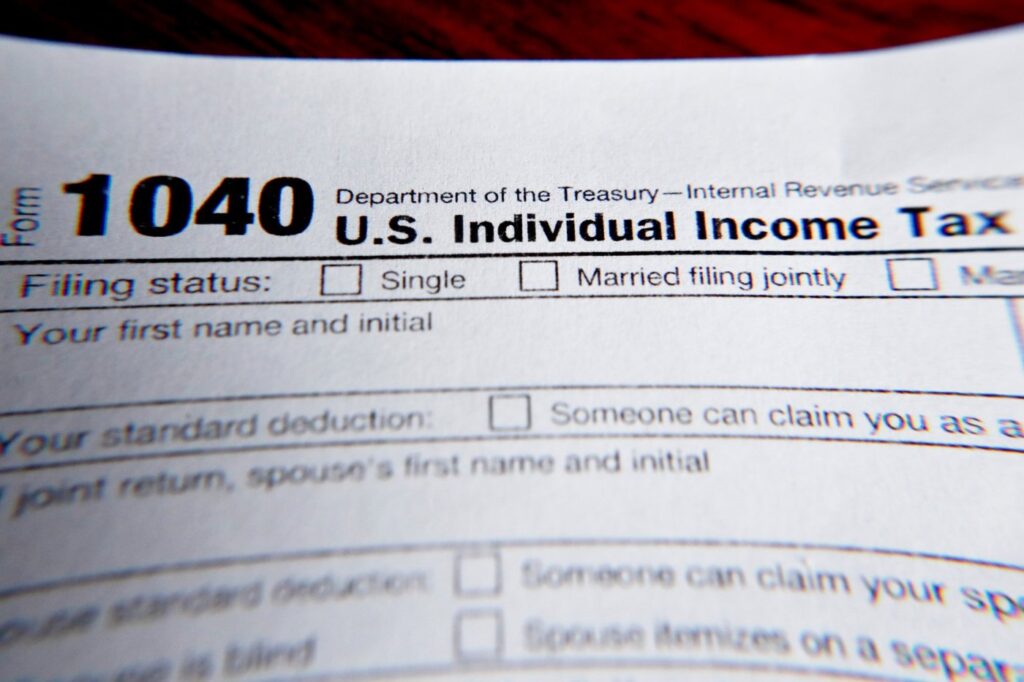
By Simone Jasper | The News & Observer
The federal tax deadline is nearing, but there’s still time to file for an extension if you’re running behind.
The IRS is giving taxpayers until Monday, April 18 to request extensions, which allow you to file your 2021 returns a few months late. Here’s what to know about this year’s deadlines and how to ask for more time.
What is the 2022 deadline to file?
While the traditional federal tax deadline is April 15, filers in the U.S. have more time this year.
The IRS pushed the national deadline to April 18 to avoid the Emancipation Day holiday. Similarly in Massachusetts and Maine, the due date is April 19 because Patriots’ Day falls on the 18th in those states.
For those who want even more time to file, April 18 is also the last day that tax extension forms will be accepted.
Those who request 2021 extensions will have until Oct. 17 to file their returns. That date has also been adjusted from the usual Oct. 15 deadline, which falls on a Saturday this year, the IRS said.
How do you request an extension?
People wanting an extension from the IRS can fill out Form 4868 online or with their tax preparer. The form can be found at irs.gov/pub/irs-pdf/f4868.pdf.
“You don’t have to explain why you’re asking for the extension,” officials said in the form’s instructions. “We’ll contact you only if your request is denied.”
The form asks you to estimate your total tax liability as well as your 2021 tax payments and any balance due.
The next step will be to pay electronically if you do owe more, as most payments still have an April 18 deadline regardless of the extension request to file.
“You should estimate and pay any owed taxes by your regular deadline to help avoid possible penalties,” the IRS said on its website.
Some people, including “disaster victims” and people who live abroad, could have extra time to pay their taxes. The federal government also offers payment plans for taxpayers who qualify.
When it comes time to file, “your return is considered filed on time if the envelope is properly addressed, postmarked, and deposited in the mail by the due date.”
Other tax tips:
If I do owe money, when is that due? For most people, you have to pay any remaining 2021 income taxes that you still owe by the April 18 filing deadline, even if you get an automatic six-month extension to file.
What if I don’t pay on time? You will have to pay even more than you owe after the IRS adds penalties and interest.
If you really can’t afford to pay on time, and you have a good reason for why, make your case to the IRS by attaching a statement to your return when you file. If the IRS accepts your explanation, it may waive the late payment penalty. At a minimum, you need to show that your failure to pay is not the result of “willful neglect.”
Also, try to pay what you can when you file, even if it’s not the total balance. If that’s not possible and you’re really behind, you may be able to set up a repayment plan with the IRS.
What if the IRS owes me money? If you file an accurate return electronically, and are owed a refund, the IRS will likely have that money sent to you or direct deposited into your bank account within 21 days of receiving your return.
You can check the status of where things stand by using the IRS online tool Where’s My Refund at irs.gov/refunds
CNN contributed to this report.
